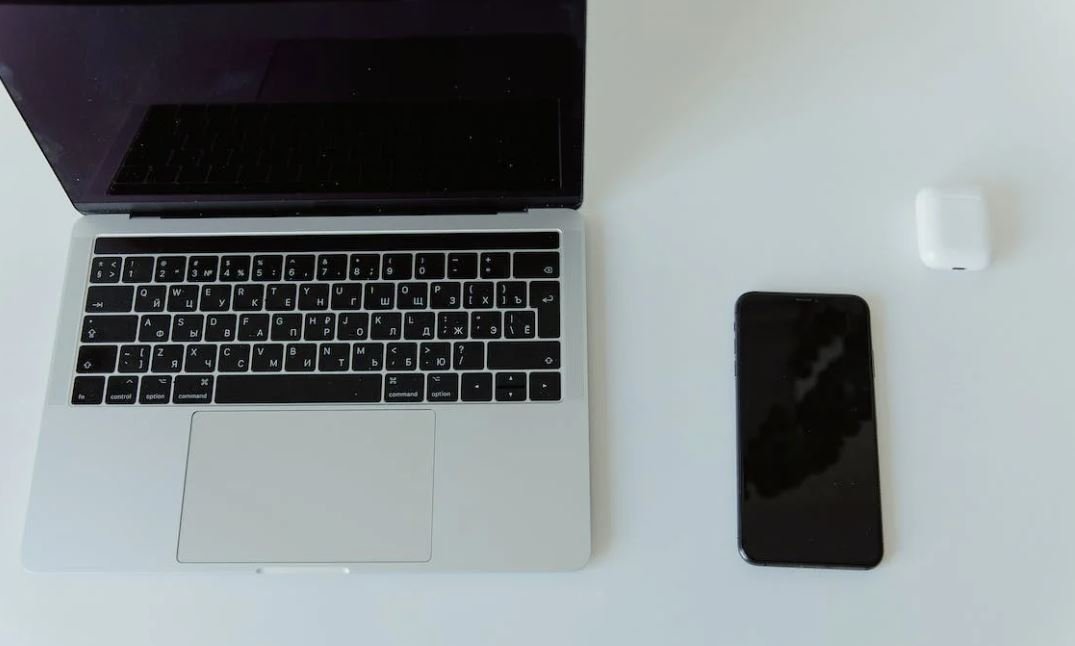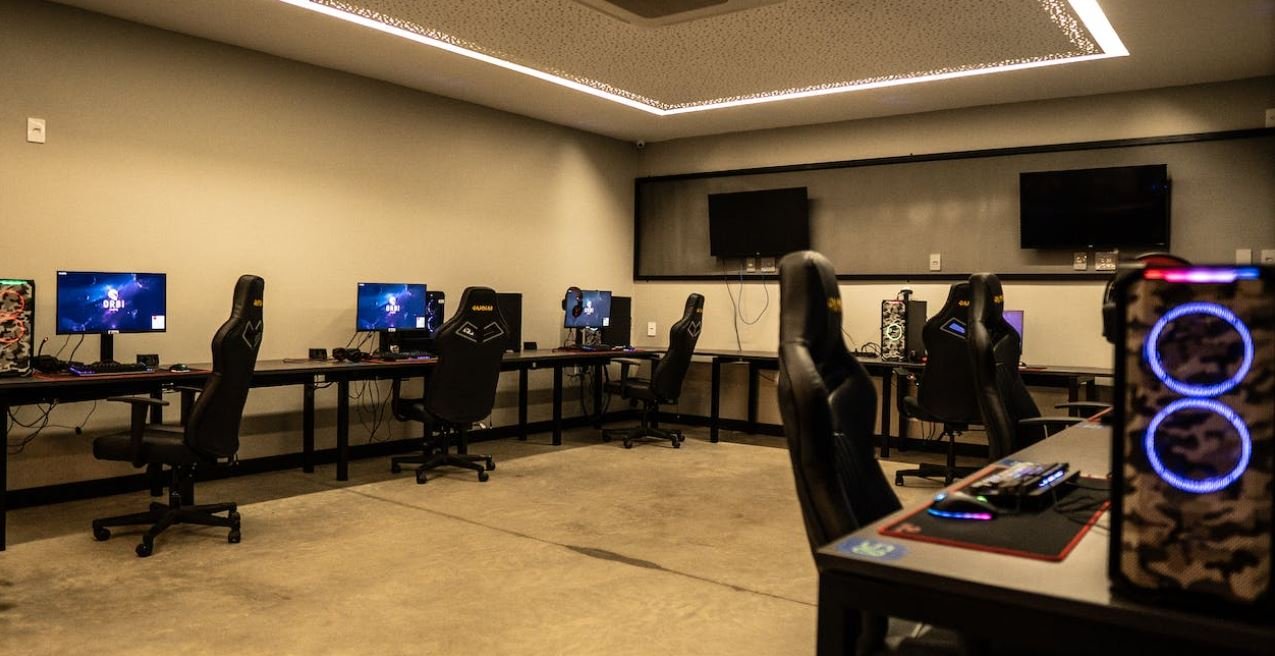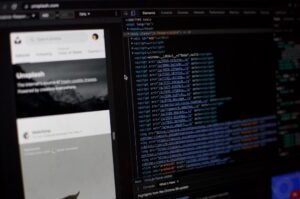Make Application Letter
An application letter is a formal document that introduces yourself and states your interest in a particular job or position. It provides an opportunity for you to highlight your qualifications and experiences that make you a suitable candidate for the role. Writing an effective application letter is crucial in making a positive impression on potential employers and increasing your chances of being invited for an interview.
Key Takeaways:
- An application letter is a formal document introducing yourself and stating your interest in a job.
- It is essential to customize your application letter for each specific job opportunity.
- Highlight your qualifications, experiences, and skills that align with the job requirements.
- Make sure your application letter is well-structured, error-free, and professional.
When writing an application letter, it’s important to tailor it to the specific job opportunity you are applying for. Researching the company and the position can provide valuable insights that you can utilize in your letter. **Customizing your application letter for each job shows your genuine interest** and improves your chances of standing out among other candidates.
An interesting approach is to include a short story or anecdote that showcases your skills or experiences related to the job. *This can capture the reader’s attention and make your application letter memorable.* Remember to keep it relevant, concise, and carefully crafted.
Structure of an Application Letter
A well-structured application letter typically consists of the following sections:
- Header: Include your contact information and the current date.
- Salutation: Address the letter to the hiring manager or a specific contact person if mentioned in the job posting.
- Introduction: Begin with a strong opening statement that highlights your interest in the job and briefly introduces yourself.
- Body paragraphs: Expand on your qualifications, experiences, and skills that make you a strong fit for the position. Align them with the company’s needs and provide evidence of your achievements.
- Closing paragraph: Reiterate your interest in the job, express gratitude for the opportunity, and state your availability for further discussion or an interview.
- Signature: Sign off with your full name and contact information.
Table 1: Common Mistakes to Avoid
| Mistake | Description |
|---|---|
| Grammatical errors and typos | Proofread your letter thoroughly to ensure it is error-free. |
| Generic and non-specific content | Customize your letter and avoid using generic phrases to demonstrate enthusiasm and interest in the specific position. |
| Lack of clarity and conciseness | Be clear, concise, and to the point to effectively convey your qualifications. |
| Poor formatting and structure | Ensure your letter has a clean, professional format and a logical flow of information. |
After completing your application letter, take the time to review and revise it. Ensure there are no grammar or spelling errors and that the content is clear and concise. Furthermore, pay attention to the overall structure and formatting, as a well-presented letter can leave a positive impression.
Table 2: Essential Elements to Include
| Element | Description |
|---|---|
| Contact Information | Include your full name, phone number, email address, and optionally, your mailing address. |
| Specific Job Title | Mention the exact position you are applying for. |
| Relevant Qualifications | Highlight your relevant qualifications, educational background, certifications, and skills related to the job requirements. |
| Work Experience | Showcase your previous work experiences, emphasizing relevant accomplishments, responsibilities, and achievements. |
Lastly, ensure that your application letter is addressed to the right person and includes their correct title and contact information. If the job posting doesn’t provide this information, it may require some research on your part to identify the right recipient.
Table 3: Appropriate Closing Statements
| Closing Statement | Description |
|---|---|
| Sincerely | A professional and widely accepted closing for an application letter. |
| Regards | A slightly less formal closing, suitable for less formal job applications or when you have established prior contact. |
| Yours faithfully | Used when you don’t know the name of the recipient. |
By following these guidelines and incorporating your own unique experiences, your application letter has the potential to leave a lasting impression. Remember that the goal is to showcase your qualifications, enthusiasm, and fit for the job. Craft a compelling application letter that grabs the attention of potential employers and sets you apart from the competition.

Common Misconceptions
Paragraph 1: The Importance of a Strong Application Letter
One common misconception people have is that the application letter does not hold much importance in the hiring process. In reality, a well-crafted application letter can be the first impression an employer gets of you and can significantly impact your chances of getting an interview.
- An application letter is your opportunity to showcase your skills and experiences relevant to the job.
- An engaging and well-written application letter can demonstrate your professionalism and attention to detail.
- Employers often use application letters as a preliminary screening tool to determine if a candidate meets their requirements.
Paragraph 2: Standard Templates are Effective for Application Letters
Another common misconception is that using standard application letter templates is an effective approach. While templates can be a starting point, using a generic template may hinder your chances of standing out from other applicants.
- Customizing your application letter for each specific job opportunity showcases your genuine interest and effort.
- Templates might not effectively highlight your unique qualifications and experiences.
- A personalized and tailored application letter has a greater chance of capturing the attention of the hiring manager.
Paragraph 3: Lengthy Application Letters are Preferred
Contrary to popular belief, lengthy application letters are not necessarily preferred by employers. Some applicants mistakenly think that elaborating on every detail of their background will increase their chances of getting hired. However, employers often appreciate concise and impactful letters.
- A concise application letter shows your ability to communicate effectively and efficiently.
- Focusing on the most relevant information allows the employer to quickly assess your qualifications.
- Long and rambling letters can be time-consuming for employers to read and may cause them to lose interest.
Paragraph 4: Only Work Experience Matters in Application Letters
Many individuals mistakenly believe that only work experience should be emphasized in their application letters. While work experience is important, it is not the only aspect that employers consider. They also value other relevant experiences and skills that demonstrate your potential as a candidate.
- Highlighting transferable skills gained from volunteer work, extracurricular activities, or internships can showcase your versatility.
- Emphasizing relevant educational achievements can be particularly valuable for recent graduates or career changers.
- Providing examples of how you have successfully utilized skills in different contexts can make your application letter more compelling.
Paragraph 5: Application Letters Should Be Sent As Soon As Possible
While promptness is important, there is a misconception that application letters must be submitted immediately after a job opening is posted. In reality, it is crucial to take sufficient time to carefully craft your application letter and ensure it effectively highlights your qualifications before submitting it.
- Rather than rushing to submit, it is wise to thoroughly review your letter for errors or typos.
- Taking time to research the company and tailor your application letter accordingly can set you apart from candidates who submit generic letters.
- A thoughtful and well-prepared application letter, even if submitted slightly later, will likely make a better impression than a hurried and subpar one.

Top 10 Companies Hiring in the Tech Industry
According to recent job market analysis, the tech industry is experiencing a surge in demand for skilled professionals. The following table highlights the top 10 companies currently hiring in this sector:
Salaries of Software Engineers in Different Cities
Software engineering is a lucrative career choice, with salaries varying based on the location. The table below displays the average annual salaries of software engineers in different cities:
Most Popular Programming Languages
Programming languages are the building blocks of software development. The table provided presents the most popular programming languages based on job postings and community activity:
Percentage of Female Tech CEOs in Fortune 500 Companies
The representation of women in leadership roles within the tech industry is an important aspect of diversity and inclusion. The following table showcases the percentage of female CEOs in Fortune 500 tech companies:
Mobile Operating Systems Market Share
The competition among mobile operating systems is fierce, as they shape our smartphone experiences. The table below exhibits the market share of the top mobile operating systems:
Fastest Growing Startups of the Year
Innovation and entrepreneurship are vital components of the tech industry ecosystem. The table provides insight into the fastest-growing startups of the year based on their funding and growth rate:
Online Learning Platforms for Tech Education
Online learning platforms offer valuable resources for acquiring technical skills. The table presented showcases popular online platforms for tech education:
Top Tech Conferences Worldwide
Tech conferences provide opportunities for networking, knowledge sharing, and staying up-to-date with industry trends. The following table features the top tech conferences held around the world:
Number of Cybersecurity Breaches by Industry
Cybersecurity is a major concern across various industries, with different sectors experiencing varying degrees of vulnerability. The table displays the number of cybersecurity breaches across different industries:
Most In-Demand Tech Skills
Staying relevant in the tech industry necessitates acquiring and honing in-demand skills. The following table highlights the most sought-after tech skills in the current job market:
In conclusion, the tech industry is vibrant and rapidly evolving, offering numerous opportunities for professionals in various domains. Keeping abreast of industry trends, acquiring vital skills, and staying connected through conferences are crucial steps to thrive in this dynamic field.
Frequently Asked Questions
How do I write an effective application letter?
Writing an effective application letter requires careful planning and attention to detail. Start by researching the company and position you are applying for, and tailor your letter to showcase your relevant skills and experiences. Use a formal tone, and make sure to proofread your letter for any errors before submitting it.
What should I include in my application letter?
Your application letter should include your contact information, the current date, a salutation, an introduction stating the position you are applying for, a clear and concise body outlining your qualifications, and a conclusion expressing your interest and availability for an interview. Additionally, don’t forget to sign the letter before sending it.
How long should my application letter be?
An ideal application letter should be around one page in length. It should be concise yet informative, highlighting your relevant skills and experiences without going into unnecessary detail.
Is it necessary to customize my application letter for each job?
Customizing your application letter for each job is highly recommended. By doing so, you can demonstrate your genuine interest in the specific position and company, and showcase how your skills and experiences align with their requirements and values.
Should I include my resume with my application letter?
Yes, it is advisable to include your resume along with your application letter. Your resume provides a more comprehensive overview of your qualifications and work history, allowing potential employers to assess your candidacy more effectively.
How important is proper formatting in my application letter?
Proper formatting is essential for creating a professional and visually appealing application letter. Pay attention to font selection, spacing, margins, and overall layout to make your letter easy to read and aesthetically pleasing.
Is it acceptable to email my application letter?
Emailing your application letter is generally acceptable, especially if the job posting specifies email submissions. However, ensure that your letter is properly formatted and attached as a PDF or Word document. Include a clear and concise email subject line indicating your application.
Is it necessary to follow up after sending an application letter?
Following up after sending your application letter can demonstrate your enthusiasm and interest in the position. Wait for a reasonable period, such as one to two weeks, and consider sending a brief and polite email inquiring about the status of your application.
What should I do if I don’t have any relevant work experience?
If you lack relevant work experience, focus on highlighting transferable skills gained from education, volunteer work, internships, or personal projects. Emphasize your ability to learn quickly, your strong work ethic, and your passion for the field.
Can I use a template for my application letter?
Using a template as a starting point for your application letter is acceptable. However, make sure to personalize and customize the template according to the specific requirements of the position and company. Avoid using generic, one-size-fits-all templates that may not effectively showcase your qualifications.





